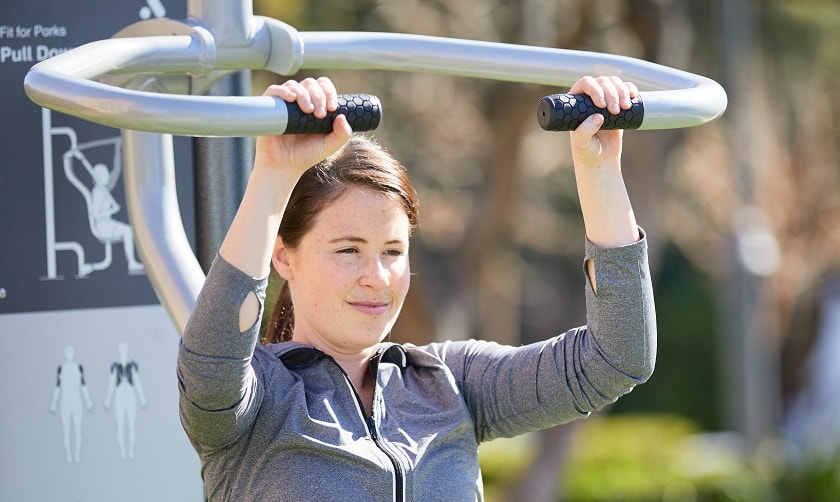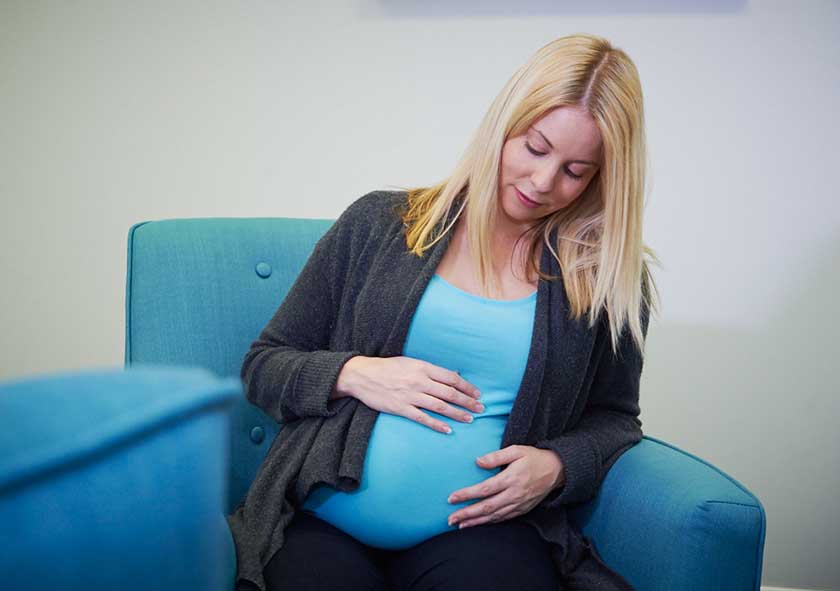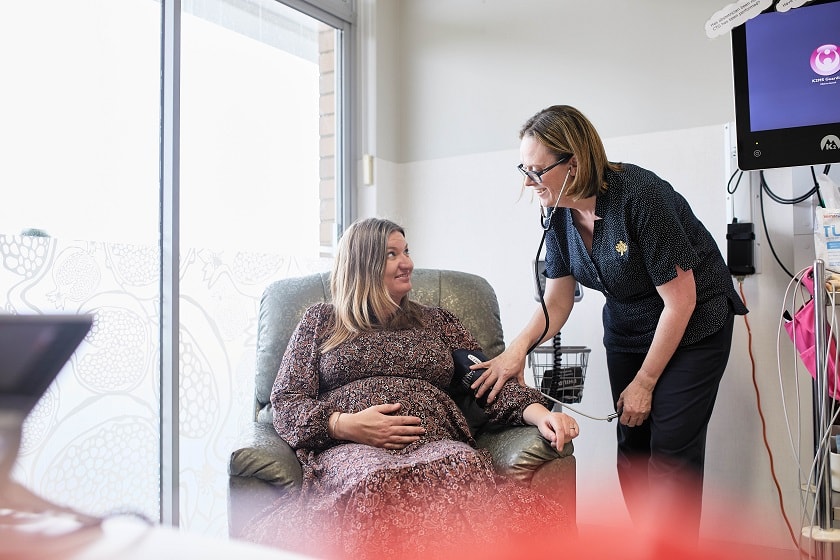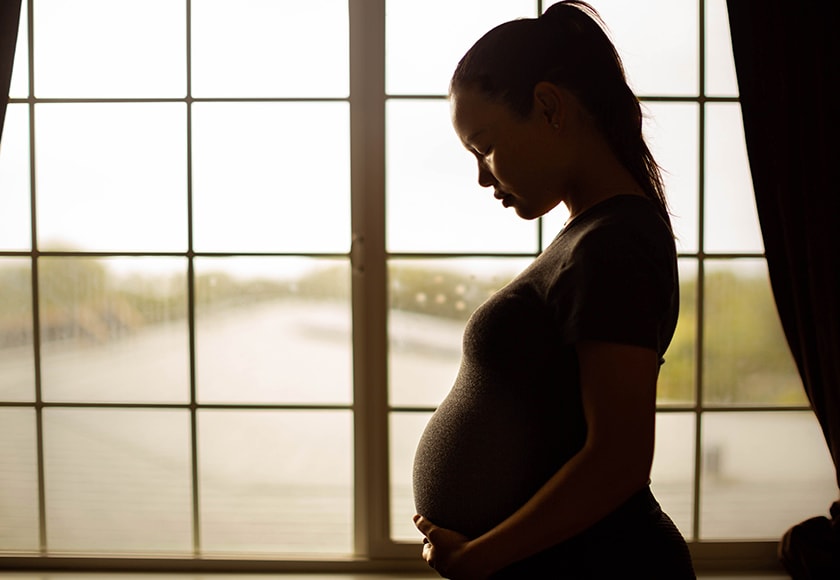In the 1950’s women were often cautioned against all exercise during pregnancy with the belief that this would avoid any harm to the mother and unborn baby.
We now know that exercise has many benefits for pregnant women, both physical and psychological. Exercise in pregnancy has been shown to reduce excessive weight gain, the risk of gestational diabetes and pre-eclampsia. More importantly, there is no evidence that exercise during an uncomplicated pregnancy can be harmful to women and the baby.
Everyone is different and what is right for you is not always right for someone else. These are some general guidelines for a complication-free pregnancy. I encourage anyone with high risk pregnancy or previous medical issues to speak to their doctor first to discuss an individualised and safe exercise regime.
Pre-conception
If you don’t already have one this could be a good time to put an exercise routine into place as maintaining a healthy weight and lifestyle can help with conception.
You should aim for around 30 minutes of moderate activity per day, around five days per week. This could be in one block or spread out over time periods.
Aerobic and strength conditioning are helpful as they build the muscles you will need to support and birth a growing baby as well as build your lung capacity.
You may also want to do exercise such as yoga or pilates that can strengthen your core and pelvic muscles and also teach you mindfulness and relaxation.
If you are already undertaking an intense exercise regime or are a professional athlete high intensity exercise can affect the time it takes you to fall pregnant.
During pregnancy
The general rule is that if you have been exercising pre-pregnancy, you can continue doing that with a few exceptions such as:
- high impact exercise where there is a chance you can fall on your abdomen
- hot yoga or high impact activity in the summer heat
- backbends or advanced abdominal moves
- laying on your back after 20 weeks
- holding your breath.
However, it is never too late to begin exercising while pregnant, you could start with low-impact exercises such as brisk walking, stationary cycling or swimming.
The Australian Physical Activity Guidelines suggests that pregnant women should aim for 150 minutes of moderate activity or 75 minutes of vigorous activity per week, or a combination of both.
The intensity of exercise depends on your baseline level of fitness. A simple and practical way to monitor intensity is the ‘talk test’. Exercise is considered moderate if you can comfortably hold a conversation and vigorous if you need to stop to catch your breath during a conversation.
During exercise, please remember adequate nutrition, hydration and to prevent overheating.
When to stop
Everyone is different and towards the end of your pregnancy you may continue exercising until the day you give birth. It is important to recognise that as your body changes during pregnancy there may be some aspects of your usual exercise routine that become uncomfortable and this is a sign to either modify the type/intensity or stop until after your postnatal recovery is completed.
Always stop exercising and speak to your care provider if you experience dizziness, chest pain, irregular heartbeat, feel tightening around your abdomen or if anything hurts.









